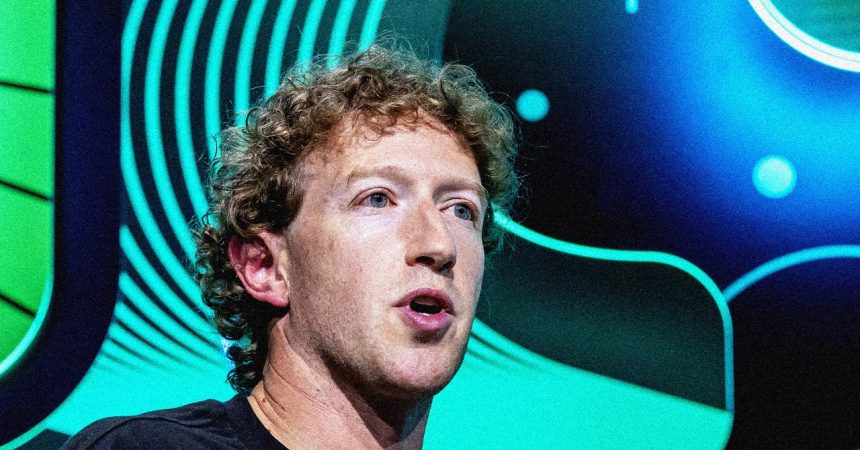Mark Zuckerberg’s evolving stance on content moderation reveals a stark shift in his philosophy and Meta’s operational strategy. In 2018, Zuckerberg expressed a commitment to tackling misinformation and hate speech on his platform. He acknowledged his previous underestimation of the damaging effects of toxic content and pledged to invest in both human moderators and artificial intelligence to proactively remove harmful posts. This commitment stemmed from a belief that Facebook had a responsibility to curate its platform and prevent the spread of harmful content, even if it meant significant financial investment. He recognized the inadequacy of relying solely on community flagging and reactive responses, advocating for a more proactive approach to content moderation.
Fast forward to 2025, and Zuckerberg’s perspective has undergone a dramatic transformation. He now frames his previous support for content moderation as a regrettable concession to external pressures, specifically government concerns about Covid-19 misinformation and other sensitive topics. This shift is manifested in a series of policy changes, including abandoning proactive takedowns and downranking of misinformation and hate speech, as well as the termination of a fact-checking program that relied on trusted sources. In its place, Zuckerberg introduced “community notes,” a crowdsourced approach where users offer alternate perspectives on the veracity of posts. Ironically, this crowdsourced approach is the very method he deemed insufficient in 2018. While acknowledging that these changes may lead to an increase in “bad stuff” on the platform, Zuckerberg justifies this by prioritizing “free expression,” suggesting a trade-off between content moderation and unfettered speech.
Meta’s recent actions suggest a strategic alignment with the new Trump administration, raising questions about the company’s motivations and the influence of political considerations on its policy decisions. The promotion of Joel Kaplan, a former GOP operative, to chief global affairs officer, followed by his exclusive appearance on Fox News to promote the new policies, signals a closer relationship with conservative media outlets. The relocation of content moderation staff from California to Texas, ostensibly to address concerns about biased employees, further underscores this shift. Disbanding Meta’s DEI program and altering service terms to permit derogatory language towards LGBTQ individuals further solidify this perceived alignment with a more conservative agenda.
Zuckerberg’s apparent devaluation of traditional journalism is a particularly troubling aspect of this transformation. His repeated use of the term “legacy media” as a pejorative casts established news organizations as proponents of censorship and inhibitors of free expression. This rhetoric contrasts sharply with the traditional role of journalism as a cornerstone of democratic societies, holding power accountable and providing citizens with accurate information. The shift from professional fact-checking to community notes reflects this devaluation, replacing expert analysis with crowdsourced opinions, placing the burden of discerning truth on individual users.
The efficacy of community notes as a replacement for fact-checking hinges on the assumption that a robust exchange of diverse viewpoints will ultimately lead to the prevalence of truth. However, this approach falters when participants reject the notion that evidence and verifiable facts can resolve disagreements. Fact-checking, grounded in the pursuit of objective truth through research and verification, stands in stark contrast to community notes, which embrace a multiplicity of perspectives without necessarily prioritizing accuracy or reliability. In the absence of a shared commitment to evidence-based reasoning, the proliferation of misinformation can easily overwhelm reasoned discourse, leading to a chaotic and unreliable information environment.
Donald Trump’s strategy of discrediting and demeaning journalists, thereby undermining public trust in credible sources of information, finds a parallel in Zuckerberg’s current approach. By equating professional journalism with the unverified opinions circulating on social media, Zuckerberg contributes to the erosion of trust in established media outlets, creating a fertile ground for the spread of misinformation. This blurring of the lines between verified information and unsubstantiated claims empowers those who seek to manipulate public opinion through the dissemination of falsehoods, as exemplified by Trump’s own admission that repeating a lie often enough can lead people to believe it. The confluence of these factors – the devaluation of journalism, the prioritization of “free expression” over content moderation, and the proliferation of unverified information – creates a precarious information landscape ripe for exploitation.



